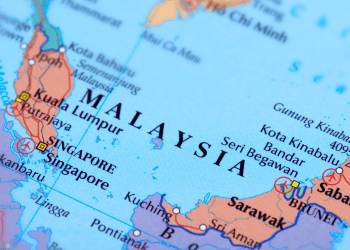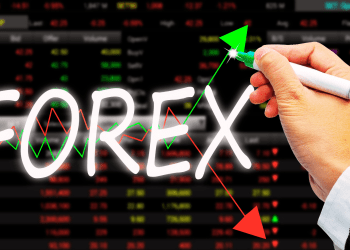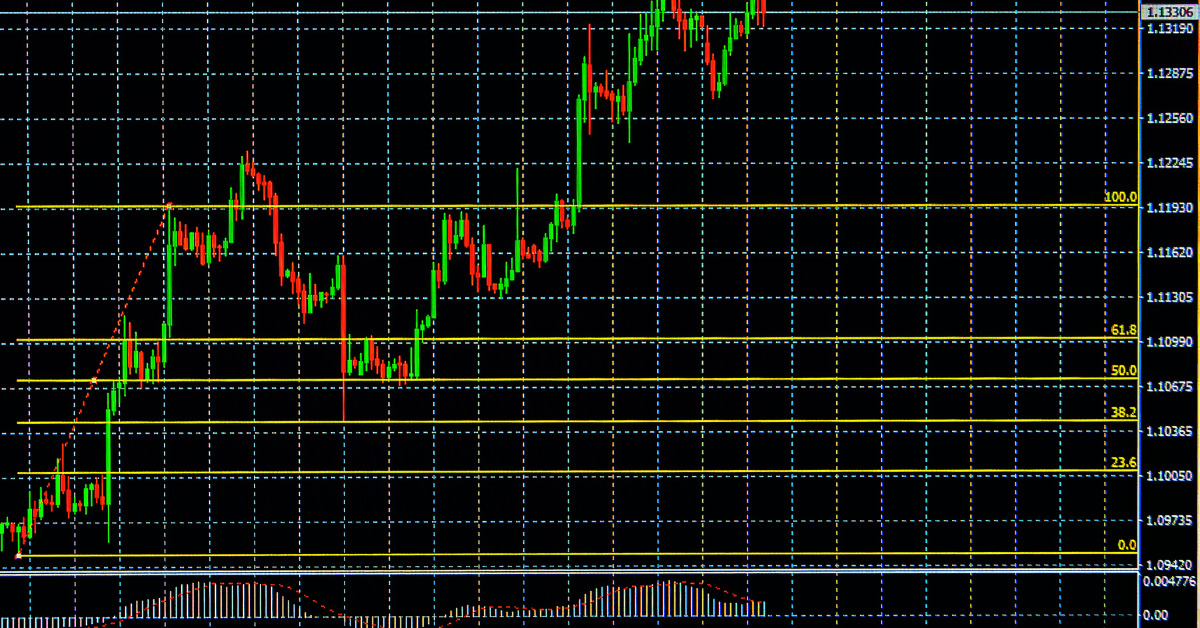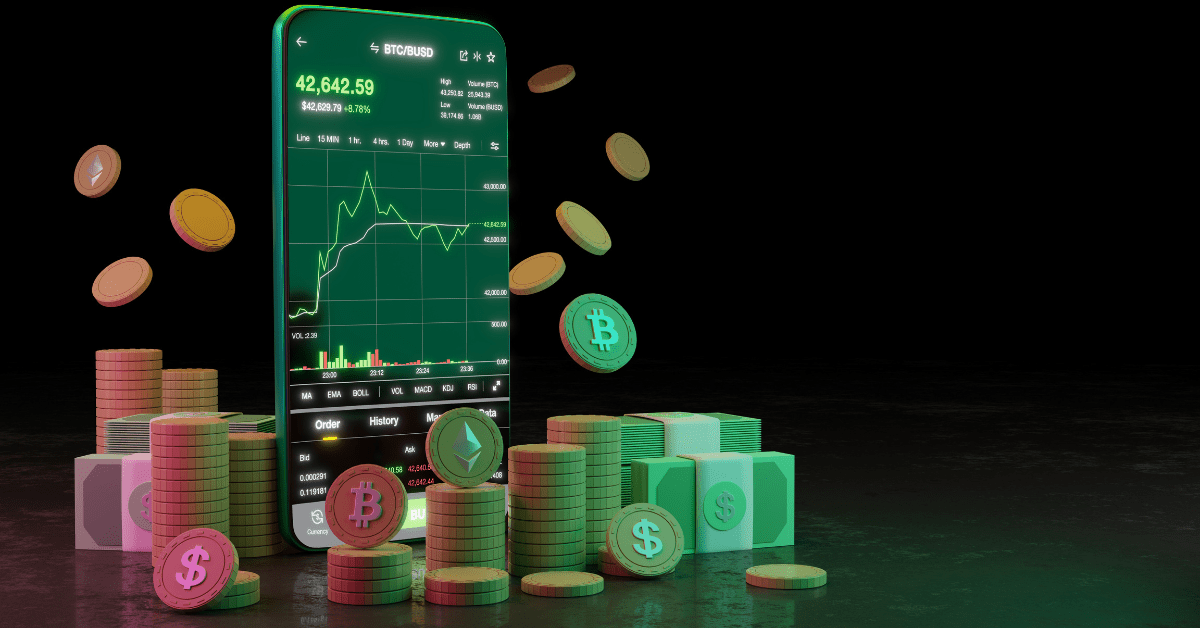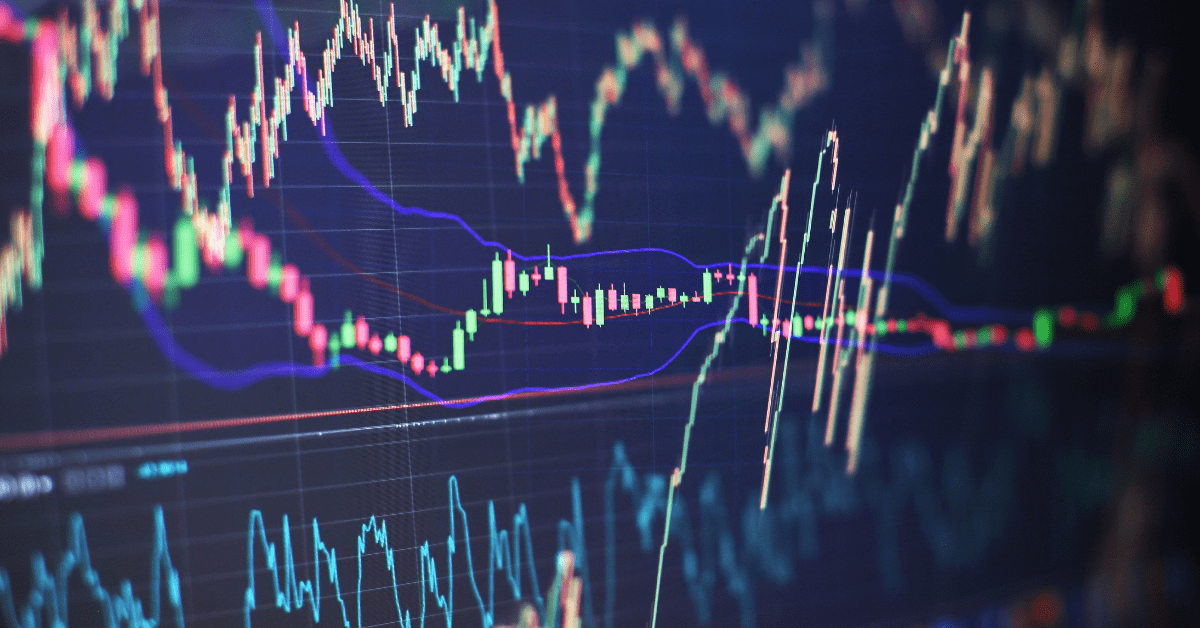If you think that Forex is for you but are not sure if you have the analytical skills required for it, you don’t have to worry. The skills required to be successful with forex trading can be developed if you follow a proper plan.
Compared to other industries, trading Forex requires you to be self-disciplined.
The forex market has short-term spreads, which involve trading currency pairings.
These pairs are usually represented as two numbers side by side. These numbers can be difficult to interpret if you don’t understand the underlying market dynamics.
Profitability
The first rule of Forex trading is to invest no more than 2% of your account balance in any one trade. Many traders, however, do not risk more than 1% of their account balance on any single trade.
This strategy helps them generate more profits. In 1992, legendary currency trader George Soros made $1 billion by shorting the pound. This is a far cry from the typical practice of risking 1% of your account balance on every trade. But this shows the potential of the Forex market.
Another rule to follow in forex trading is to invest in only currency pairs that have the highest risk-reward ratios. This is because the Forex market is a zero-sum game, meaning that every trader has an equal chance of winning and losing.
A coin toss has a higher probability of success for a large-scale investor than a single retail trader. However, retail traders have far worse win-loss ratios than coin-toss winners. Therefore, regulated brokers have to publish the percent of retail investor accounts that lose money.
The profitability of forex trading depends on several factors, including the size of the account, the risk appetite, and the experience of the trader. An average forex trader can earn 1.6 times the amount of capital that they risk. This means that a trader can make $80 on a $100 investment if he/she trades successfully.
The average profit per trade is dependent on a number of factors, including the size of the account, the risk appetite, and how much leverage the trader is using.
Although forex trading is a highly volatile market, the potential for profit is high. Hedge funds and currency traders have made millions from forex trading.
But for the average retail trader, the road to success can be a rocky one, if they don’t know what they are doing. It is also a high-risk endeavor. Traders who lose their money should be aware of the risks that come with forex trading. However, the rewards can be very great.
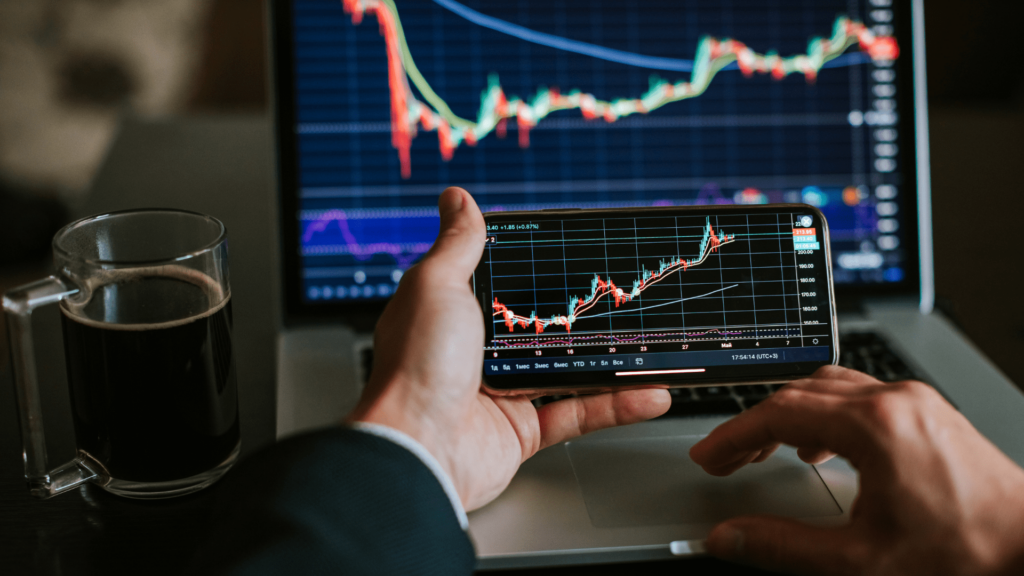
Risks
Yes, you can make a career out of Forex trading. You don’t need a degree or specialised training to get started. In fact, you can even start with a minimal amount of capital (low as $100).
However, you must be willing to dedicate several hours per week and invest your money wisely. You should also consider your goals before committing to this type of career. If you can’t afford to invest money in a course, you can start with a free course by downloading our learn forex app.
If you are not comfortable dealing with risk, you can work part-time. Most daytime jobs have no risks and stable incomes. Moreover, they offer a variety of benefits such as health insurance, paid leave, and retirement plans subsidised by the employer.
On the other hand, if you are looking for a job with unlimited potential, forex trading might not be for you. But it will provide you with endless opportunities for personal growth and financial success.
A great thing about the forex market is its high liquidity. With $5.1 trillion traded on an average day, currency pairs are easily bought and sold. Because of this, you can earn huge profits even if you’re not in the country for long periods of time.
It also doesn’t require licenses, registrations, applications, or reporting to governments. That’s another reason that makes forex trading so popular. You can work from home and earn a full-time income while at the same time enjoying the benefits of the Forex market.
One important factor when starting a career in trading is the level of dedication and experience you have. While it can be a rewarding career, it’s important to remember that there is a high risk associated with trading.
Despite the fact that you may have the opportunity to earn a lot of money, it is important to remember that you have a full-time job. To succeed, you need to have extensive knowledge of the market. If you can’t manage your time well, you may want to consider starting out in a smaller company or gaining more experience.
Qualifications
There are many different types of qualifications for those seeking a career in forex trading. First, there are the traditional investment giants, which require postgraduate education in a relevant field.
Many traders with MBAs and other relevant degrees are also highly competitive. Some of the more prestigious positions may also require overseas travel. For those who wish to pursue further study, a Ph.D. in a relevant field is often desirable. Some traders also go on to earn their Chartered Financial Analyst (CFA) certification.
Other qualifications for forex traders include knowledge of computers. Developing proprietary trading platforms allows forex traders to access currency prices and analyze online forexes.
These professionals need at least a bachelor’s degree and knowledge of computer systems, programming languages, databases, and web servers. Forex computer specialists can also be user-experience designers, web developers, and network administrators.
These professionals may also specialise in trading software. However, to start a career in forex trading, there are many online resources and study materials to get you started, especially on this site.
Once you’ve mastered technical analysis, you can apply that knowledge to other aspects of the forex business. Technical analysts study historical data and price movements to predict future market trends.
Then, they use these predictions to determine when to enter or exit a trade. If you’re good with people and can think quickly, you’re on the right track for a forex trading career. So, what are the qualifications for a forex trading career?
Another important qualification for a forex trader is good mental math skills. Short-term spreads in the forex market are made using currency pairings. Unless you know your way around these, currency pairings can become quite confusing. But there are so many forex calculators that you can use.
Getting started
If you’re new to Forex trading, you’ve probably been tempted to jump right in with both feet and start making trades immediately. However, you should start small and stick to widely traded currency pairs.
This way, you can learn the ropes before jumping in head first. There are several things you should know about Forex trading, including the terminology and choosing the right strategy.
In Getting Started in Forex Trading, you’ll learn everything you need to know to build your own trading system and evaluate its performance.
First and foremost, you should learn about the Forex market. It’s a marketplace used to exchange national currencies, and unlike the stock market, the forex market moves faster.
The difference between the stock market and the forex market is that you don’t have to worry about any single investor affecting the price of the entire market. Forex markets open and close in mere seconds, so you won’t have to worry about losing money on a trade due to a single investor.
Once you’ve made your decision to learn more about the Forex market, you’ll need to open a Forex account. To do this, you must first obtain a brokerage account.
You’ll need a broker to start trading, and a brokerage account is the most convenient way to fund this. You can fund your account online as well, making the process much easier than it was before. However, it’s still necessary to know the ins and outs of the market. Below are the top brokers.



